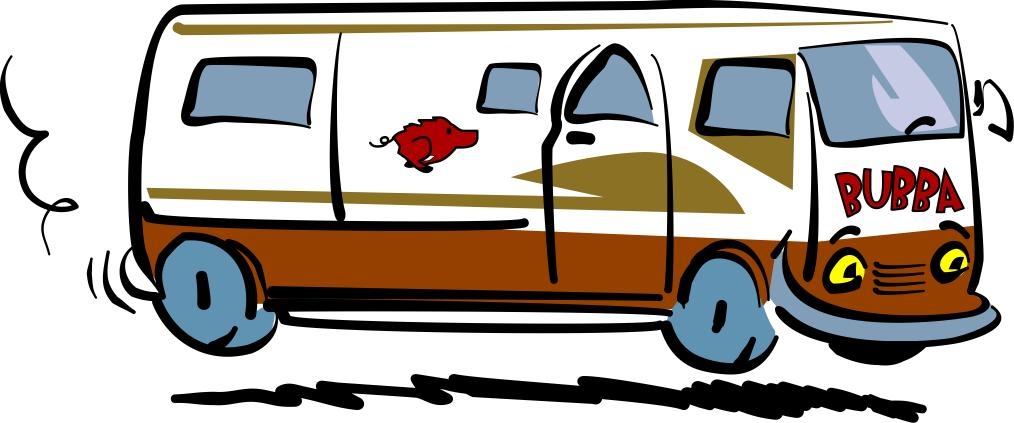

| Geologists say that rivers wear down the rocks to create ravines such as this one far below the bridge upon which we are standing. |
| The landscape along the highway changed rapidly and we found ourselves overlooking grassy meadows with buttes and promontories in the background. Though we have descended in altitude, we would be climbing back up to Dead Indian Pass at 8,090 feet. |
| What beautiful country this is! God's artistry can be seen in every direction. |
| Ann, especially, loves seeing the abundance of wildlife in the west. This mule deer sure looks healthy, doesn't she? |
| As we stand on Dead Indian Summit, we read on the information panels, that this ridge was the last significant barrier for more than 600 Nez Perce Indians and their 2,000 horses as they fled the pursuing U.S. Cavalry in September 1877. By then, they knew that the Army did not intend to leave any survivors so they were fleeing for their lives. On the run for more than 60 days, they hoped by crossing this pass and reaching the plains, they could join their old allies, the Crows, or make it to Canada to join Sitting Bull. They began climbing to this point from the valley below. By this time, all were exhausted and heartbroken from the long journey and aiding their sick and wounded. But they also knew that winter was closing in. If they could just make it over this mountain fast enough, they just might escape the Army and regain their freedom. Accounts tell us that the Nez Perce left a wounded warrior on this mountain. He was discovered and killed by Army scouts. Thus, this site became known as "Dead Indian Pass". |
| As we descended the pass and continued toward our campground, we began to see red rocks, so picturesque against the background of the Shoshone Forest through which we were traveling. |
| And, back at our campsite, Jerry and Harley spend a little quiet time by Rock Creek on our last night here. Tomorrow, it's back to Wyoming and a small town called Thermopolis. |